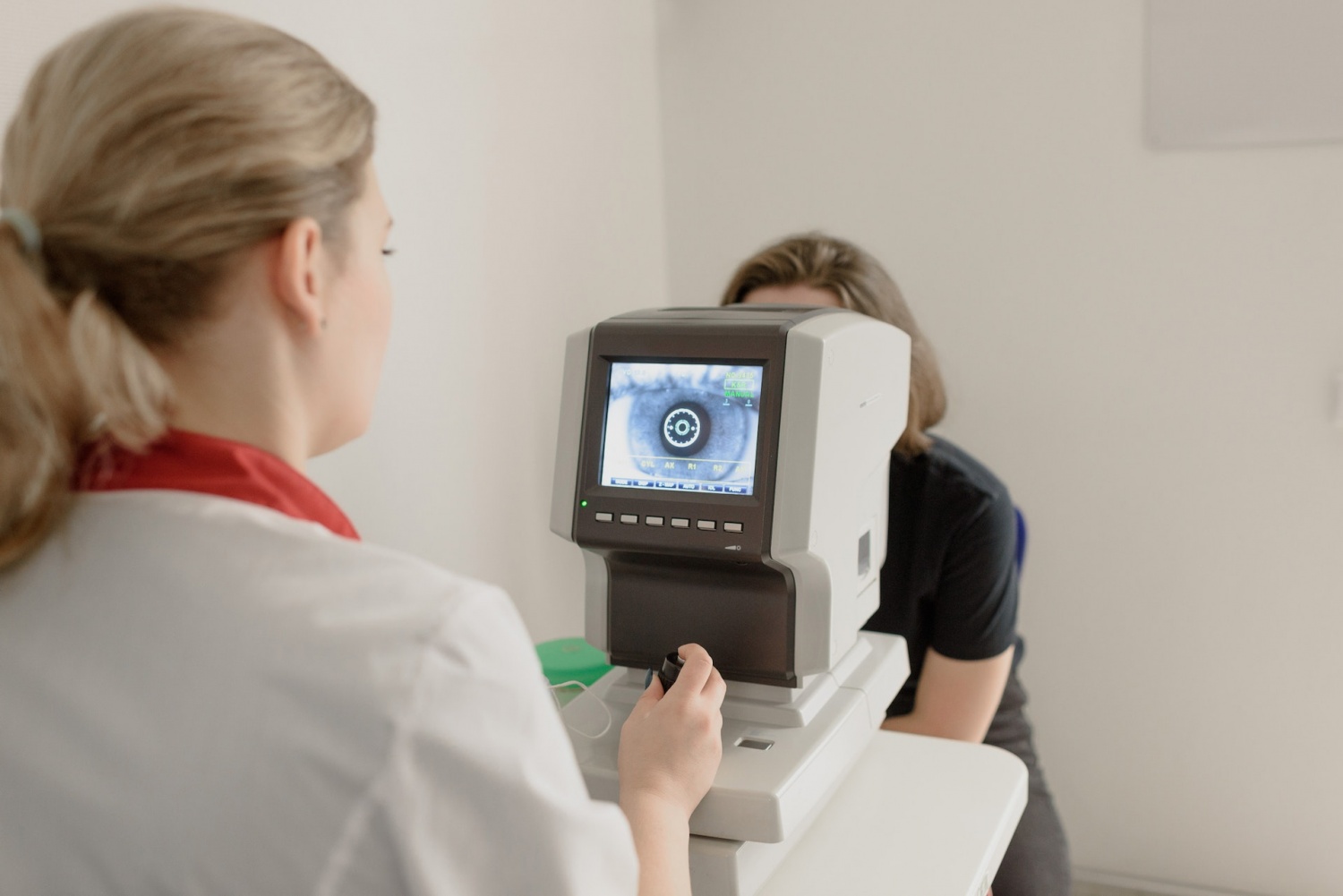Title: Importance of Comprehensive Eye Exams for Early Detection of Systemic Diseases
Introduction:
Comprehensive eye exams not only detect refractive errors and ocular diseases but also help in identifying systemic diseases. However, a recent survey conducted by the American Optometric Association reveals that a significant number of Americans, including millennials, believe that eye exams are unnecessary if they have clear vision. This misconception can lead to undiagnosed serious conditions, both ocular and systemic. To increase accessibility to eye care and eye exams, technological advancements and the efforts of optical care establishments have made it easier for people to get their eyes examined and update their eyeglasses prescriptions.
Increasing Accessibility for Eye Care:
Eyes provide a unique insight into the body’s health, as they enable medical professionals to see blood vessels and nerves without surgery. Changes in these structures can be indicative of systemic diseases, and early detection leads to more effective treatment. To make eye exams more accessible, online retailers like Glasses.com now offer services that allow customers to update their eyeglass prescriptions and book eye exams. They also provide various payment methods, offer installment plans, and feature discounted rates on high-quality designer brands. Offline retailers like Costco Optical also provide similar services and products in their optical departments located in around 500 of their 800 branches in the United States.
Benefits of Regular Comprehensive Eye Exams:
Regular comprehensive eye exams are not only essential for maintaining good vision but are also cost-effective when compared to the treatment costs of serious optical and systemic diseases that could have been detected and treated earlier. Prioritizing eye care and testing can lead to early detection of various diseases that manifest in the eyes.
Common Diseases Detected through Eye Exams:
Several systemic diseases can be caught through eye exams. Two prominent examples are diabetes mellitus and hypertension, which can manifest as retinopathy, potentially causing vision loss if left untreated. Alzheimer’s disease can also be detected through ocular manifestations such as retinal thickness, decreased visual acuity, and impaired contrast sensitivity. Additionally, diseases like thyroid disease, rheumatoid arthritis, certain types of cancer, lymphoma, and leukemia can have ocular manifestations.
Conclusion:
Comprehensive eye exams are crucial for detecting and addressing both ocular and systemic diseases. Through technological advancements and the efforts of optical care establishments, access to these exams has become more convenient. By prioritizing eye care and understanding the ways in which diseases can manifest in the eyes, individuals can safeguard their vision and overall health. Regular comprehensive eye exams not only promote good vision but also help in the early detection and treatment of serious conditions.

I have over 10 years of experience in the cryptocurrency industry and I have been on the list of the top authors on LinkedIn for the past 5 years. I have a wealth of knowledge to share with my readers, and my goal is to help them navigate the ever-changing world of cryptocurrencies.




